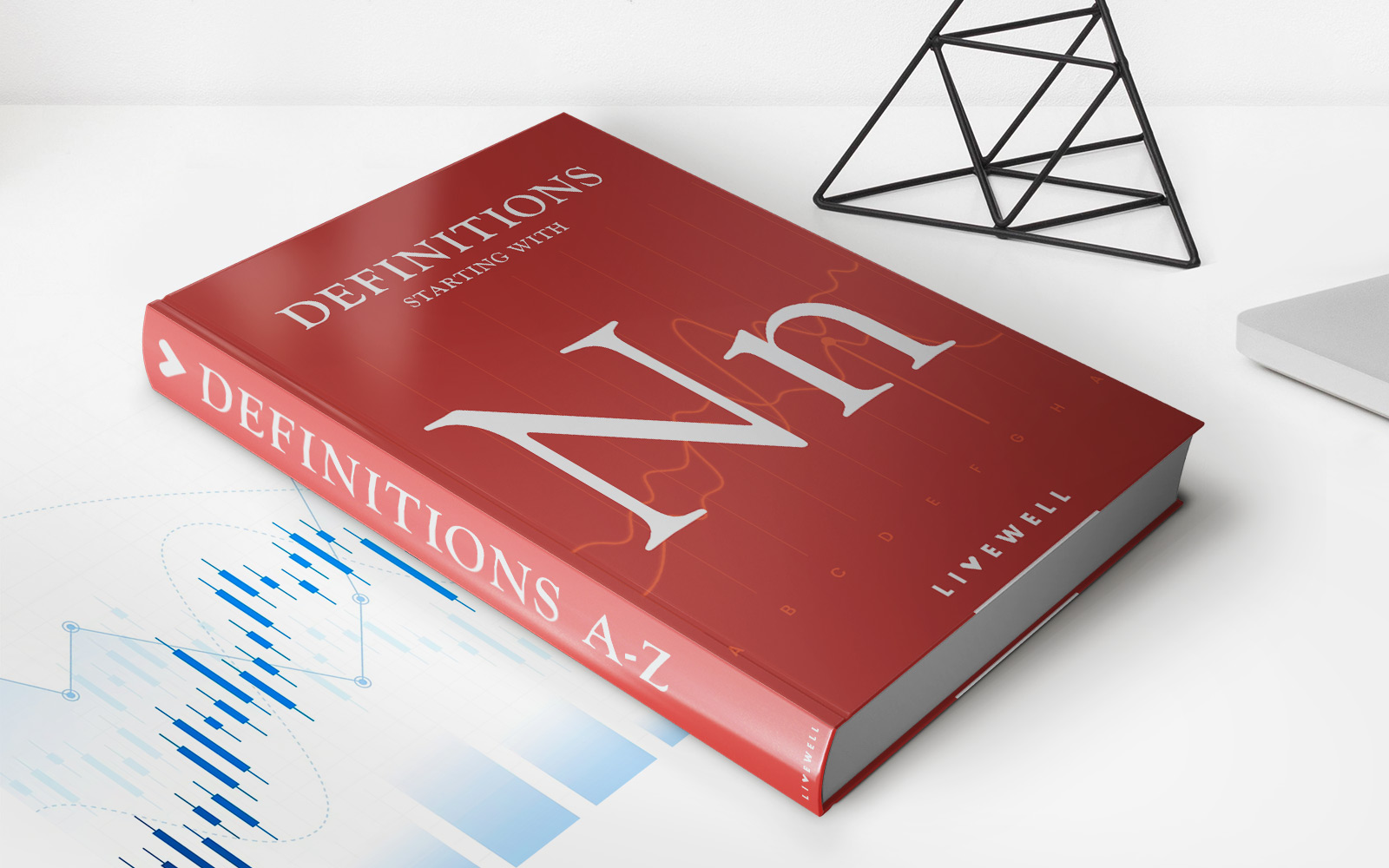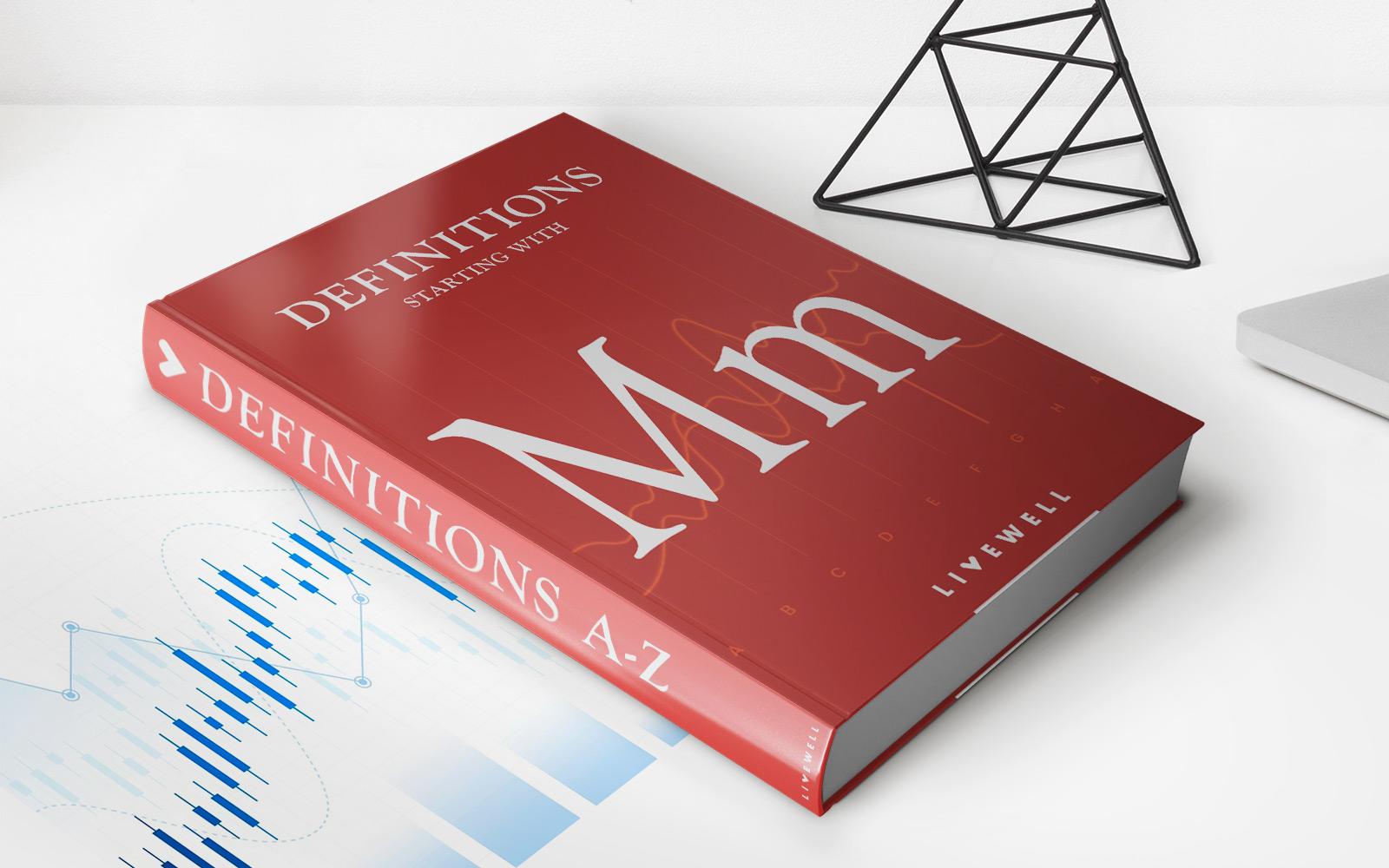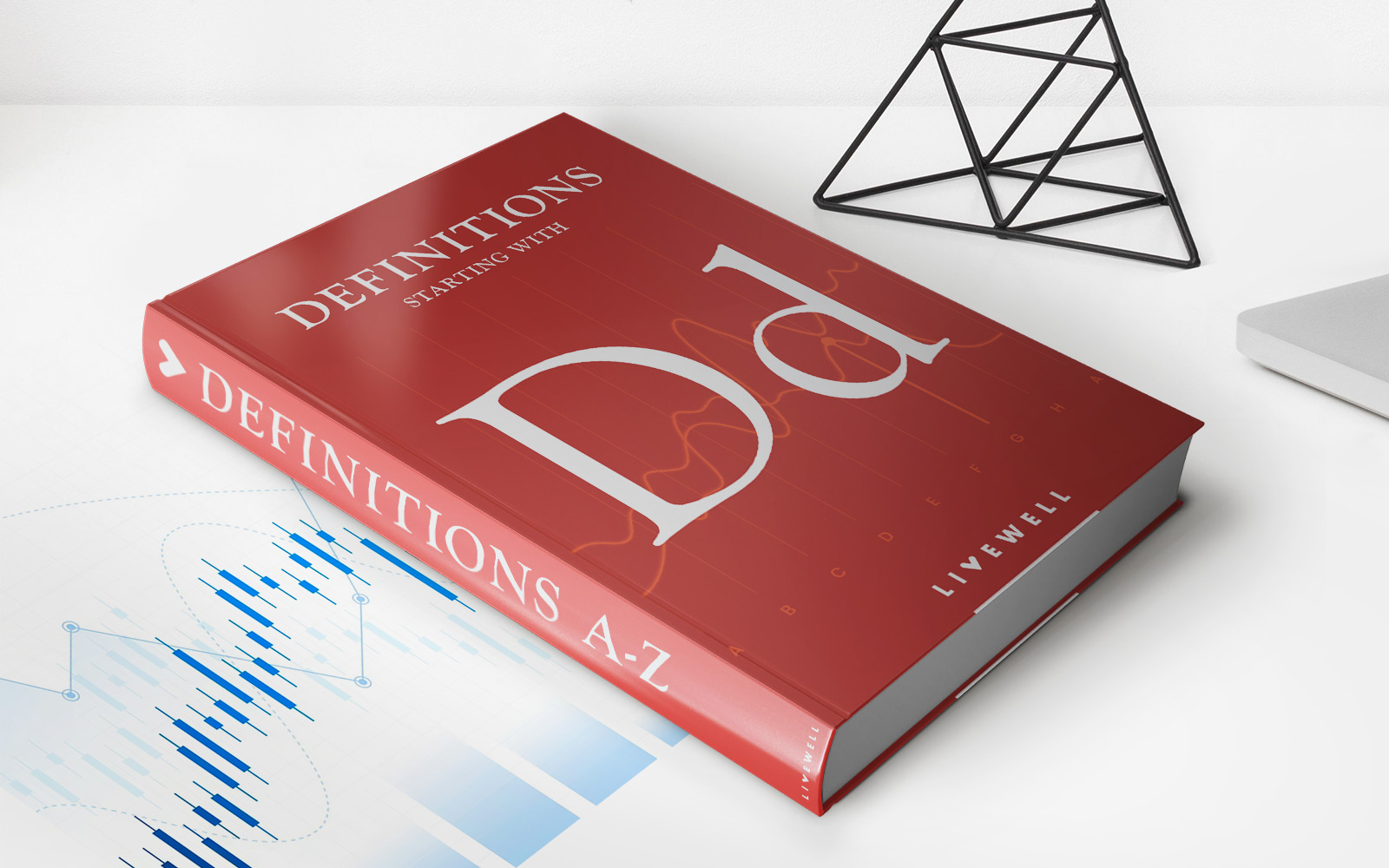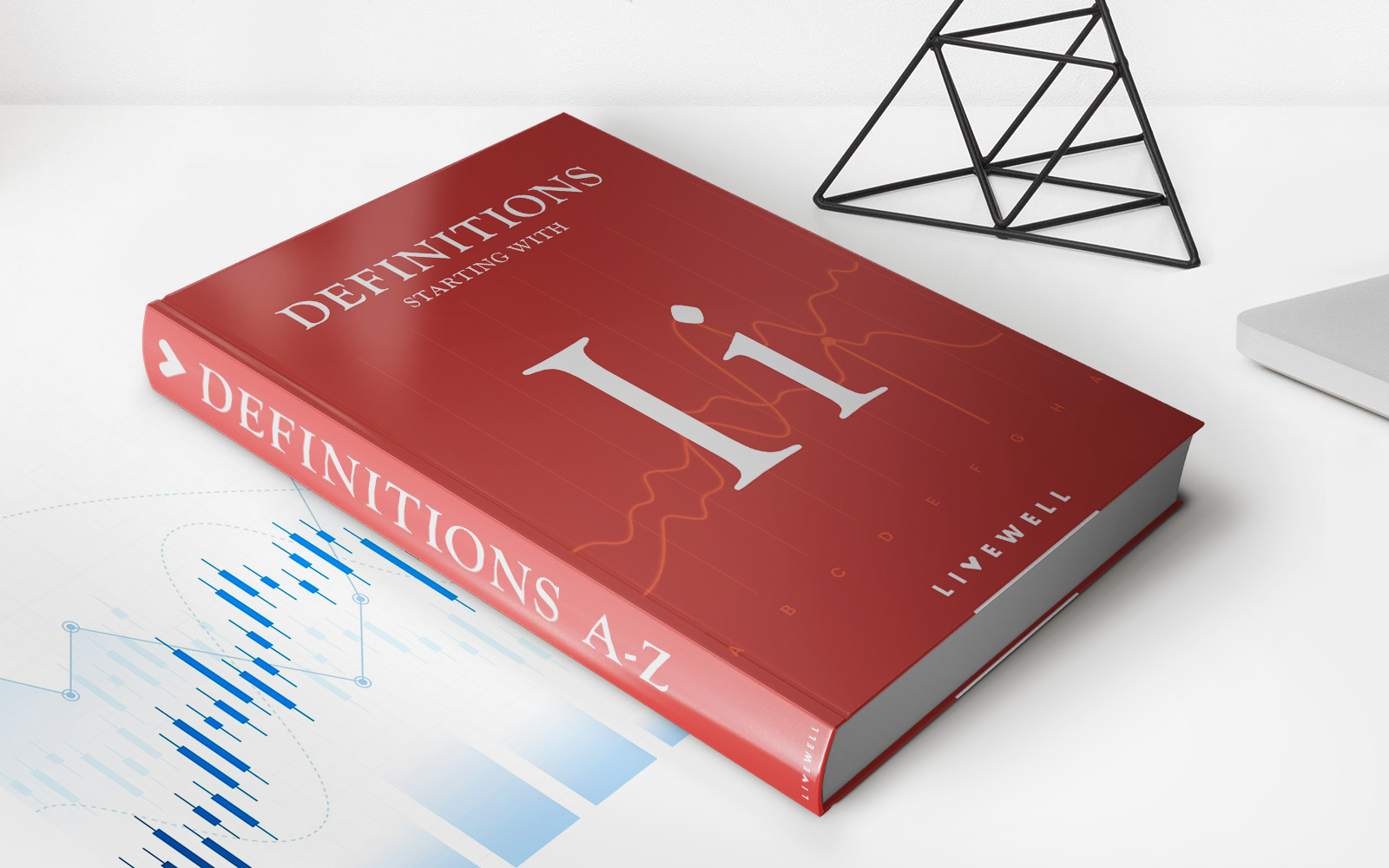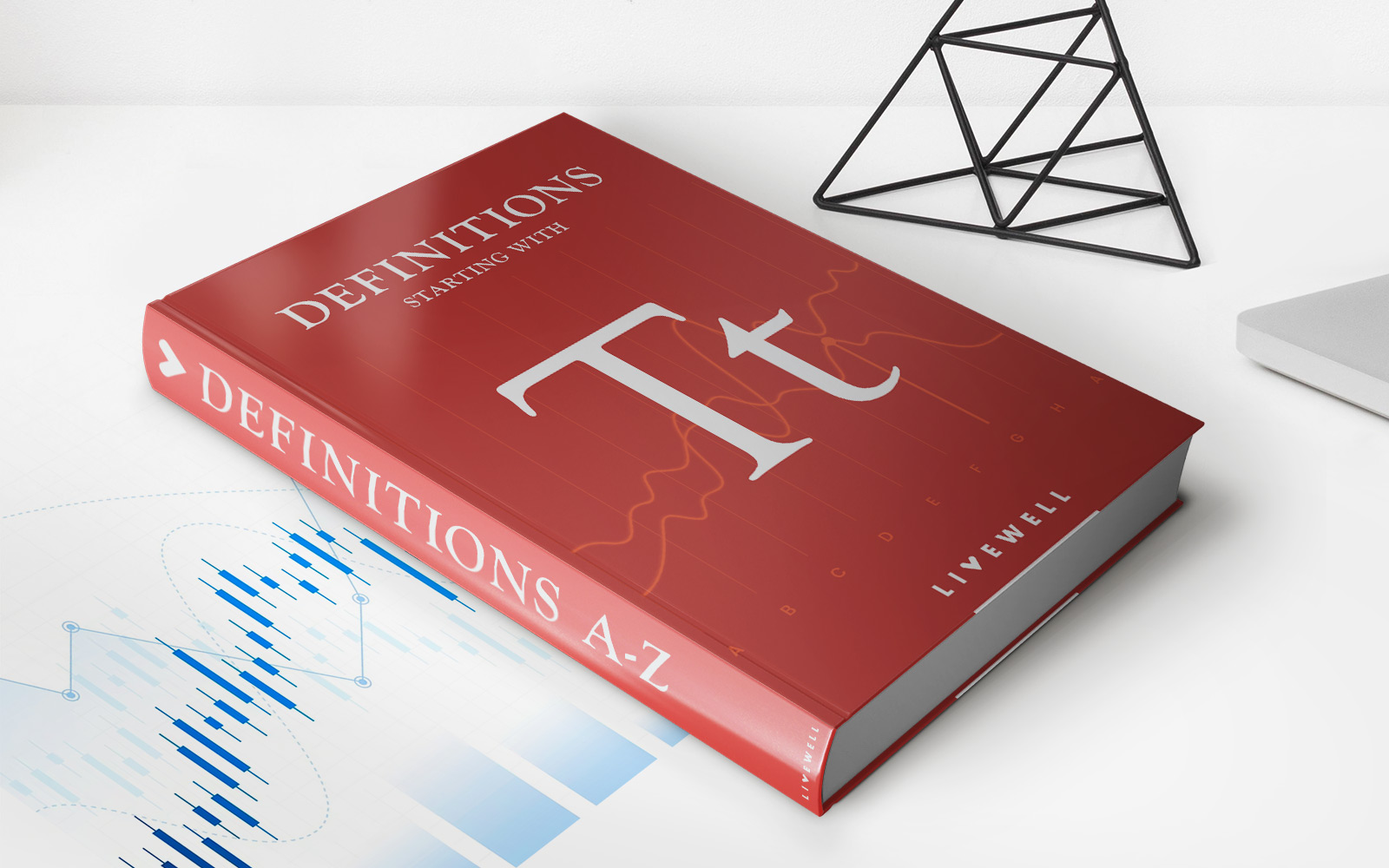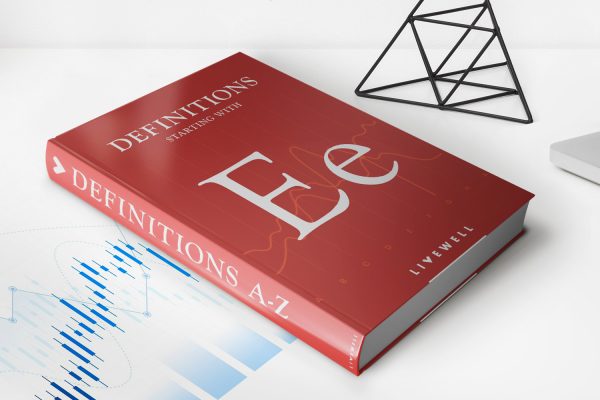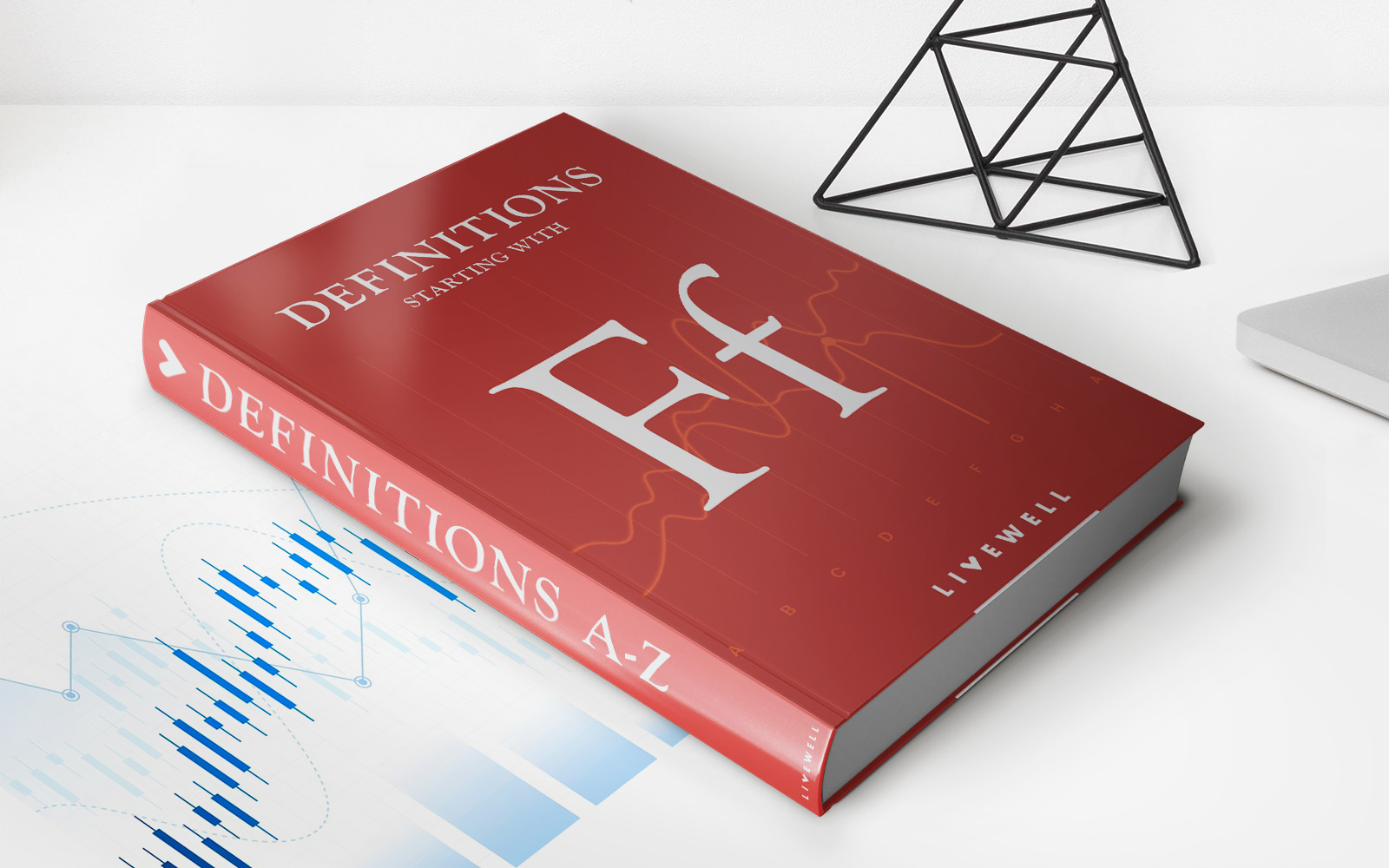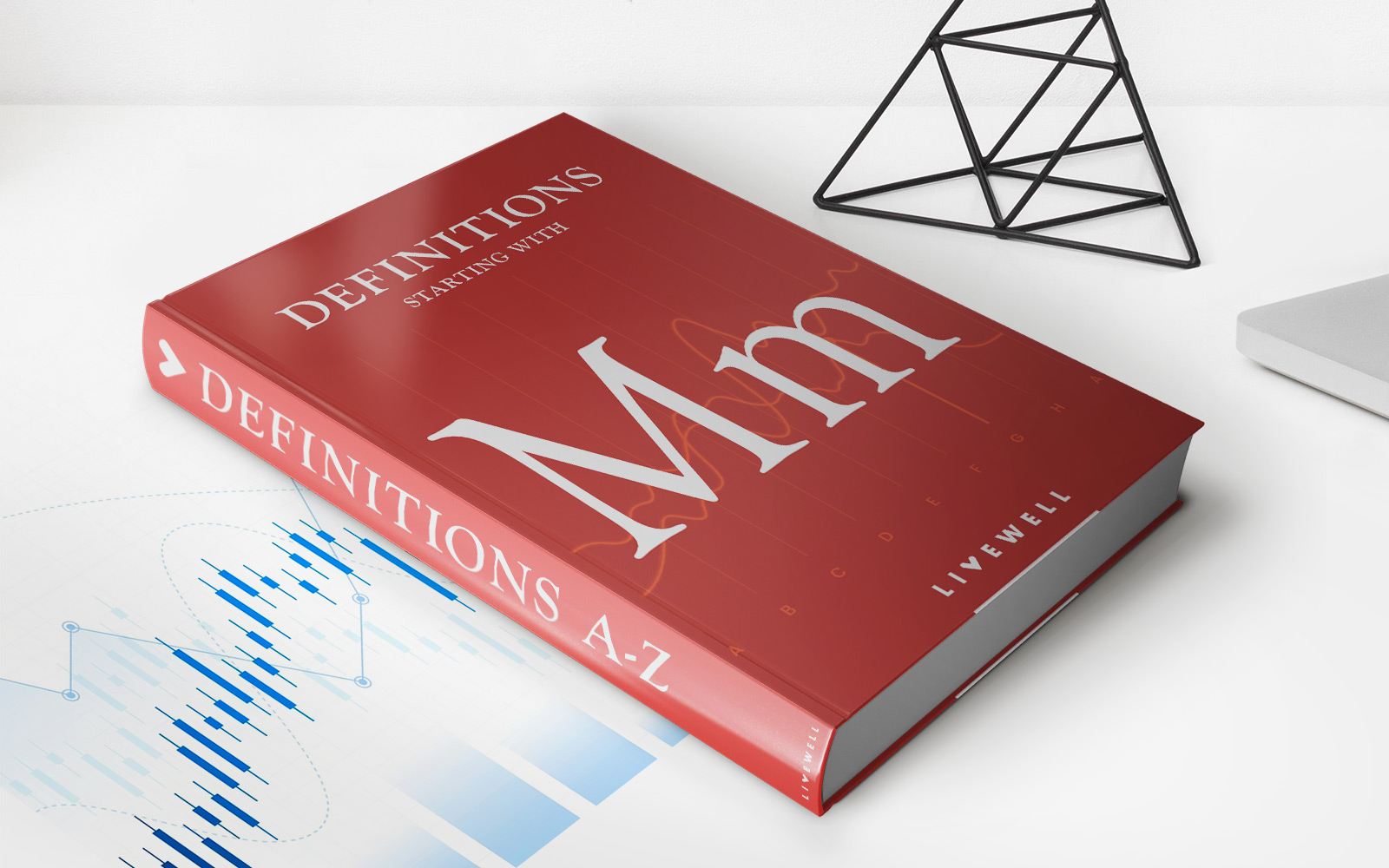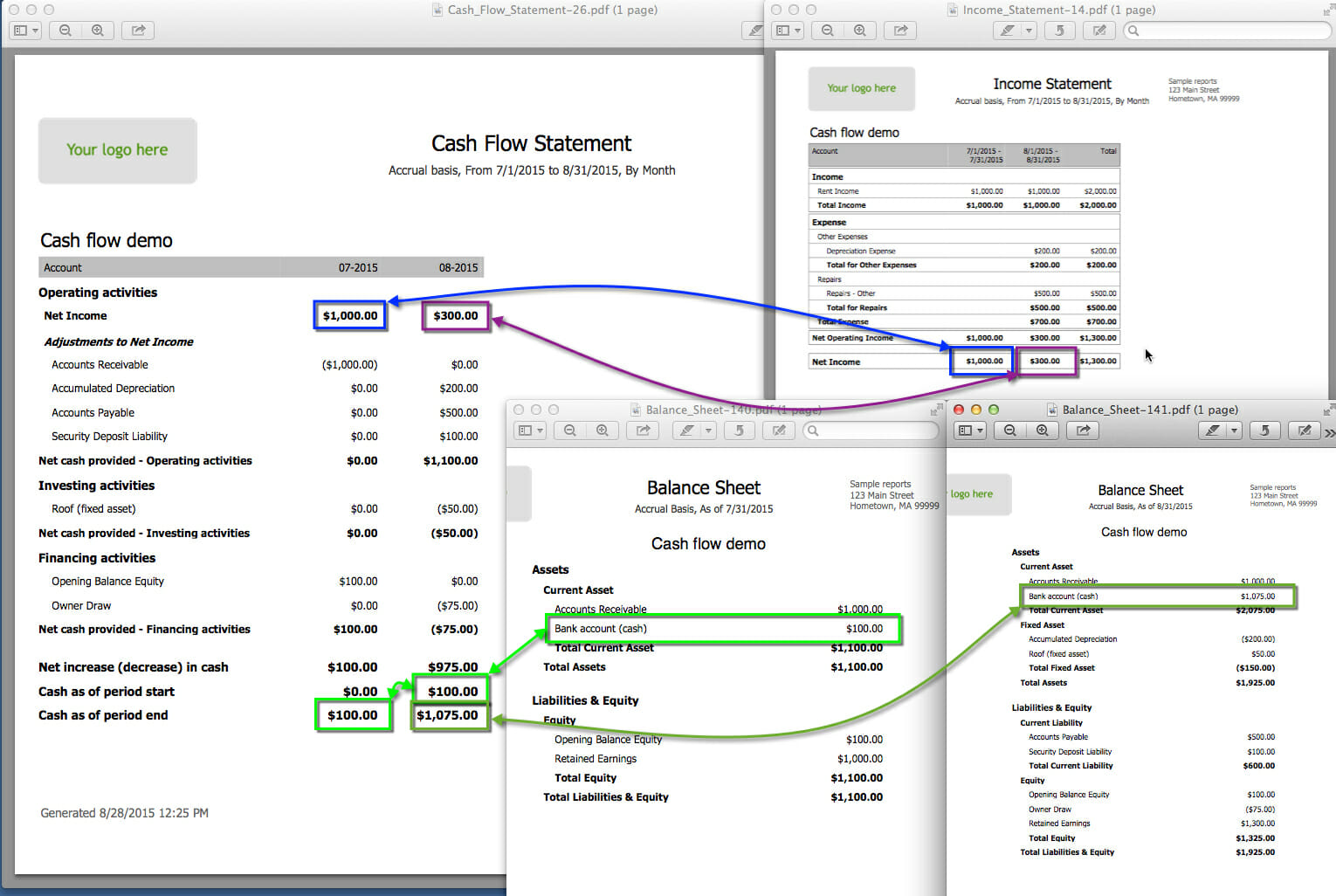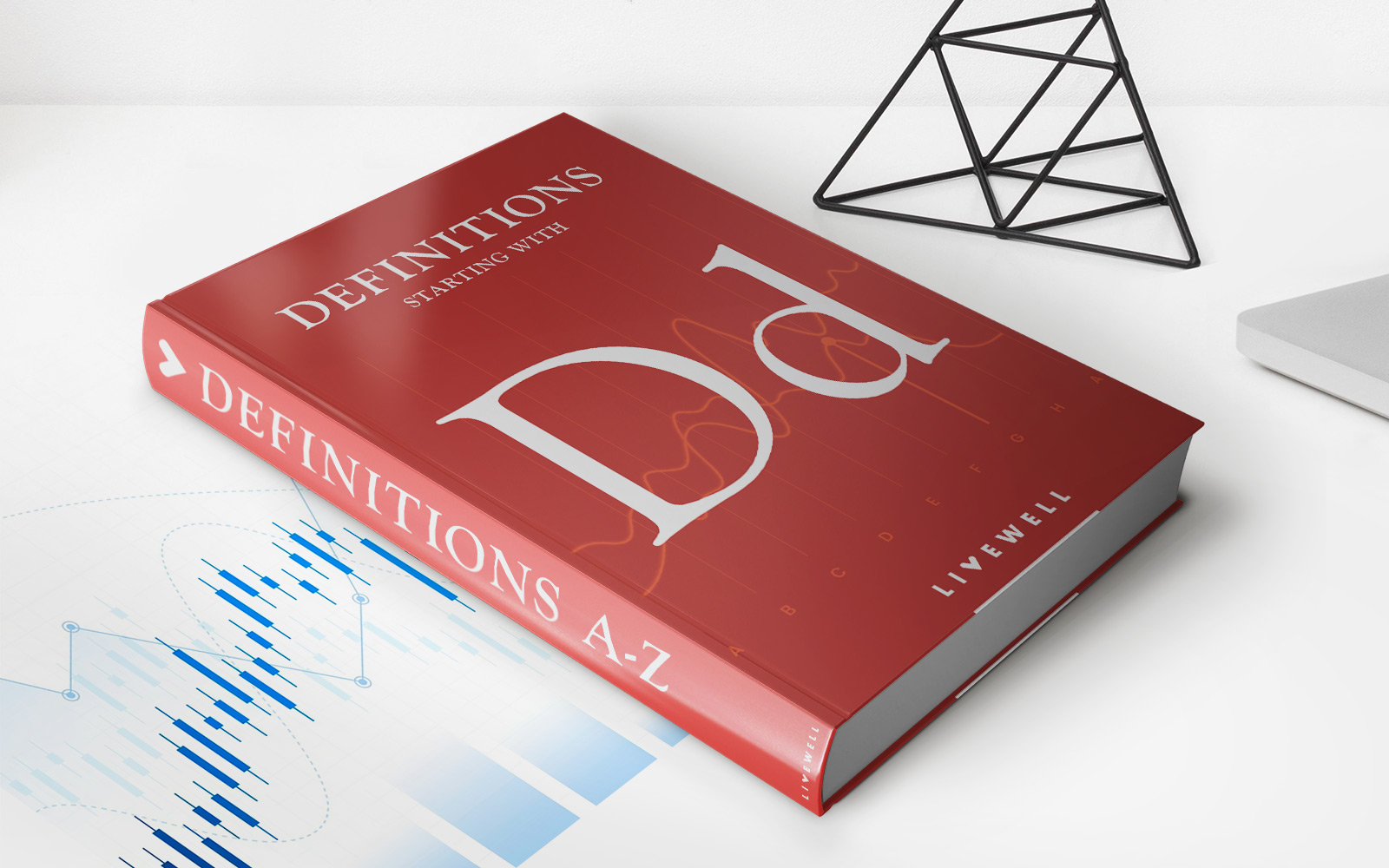

Finance
Decentralized Market Definition
Published: November 8, 2023
Discover the meaning of decentralized market in the world of finance. Explore its benefits, features, and potential impact on the financial landscape.
(Many of the links in this article redirect to a specific reviewed product. Your purchase of these products through affiliate links helps to generate commission for LiveWell, at no extra cost. Learn more)
Decentralized Market Definition: Exploring the Future of Finance
Welcome to the “Finance” category on our blog! In today’s post, we will delve into the intriguing world of decentralized markets. Have you ever wondered what a decentralized market is? How does it relate to finance? And more importantly, what does the future of finance look like in a decentralized market? We will answer all of these questions and more, so let’s dive in!
Key Takeaways:
- A decentralized market is a financial system that operates without a central authority or intermediaries.
- Decentralized markets offer increased transparency, reduced fees, and improved efficiency compared to traditional centralized systems.
Firstly, let’s define what a decentralized market is. In simple terms, it is a financial ecosystem that operates without a central authority or intermediaries such as banks or governments. Instead, transactions are facilitated directly between participants, often using blockchain technology.
Now, you might be wondering why decentralized markets are gaining so much attention. Here are two key reasons:
- Transparency: Decentralized markets offer increased transparency compared to traditional financial systems. All transactions are recorded on a public ledger, making it nearly impossible to manipulate or alter data. This transparency builds trust between participants, as everyone can verify transactions and account balances.
- Cost Efficiency: By eliminating intermediaries, decentralized markets reduce costs associated with middlemen, such as banks or clearinghouses. Participants can directly transact with one another, reducing fees and maximizing their returns. Additionally, smart contracts, which are self-executing agreements, remove the need for intermediaries entirely in some cases.
As we look towards the future of finance, decentralized markets are set to play a significant role. Here are a few reasons why:
- Accessibility: Decentralized markets have the potential to provide financial services to individuals who currently lack access to traditional banking systems. By utilizing blockchain technology, individuals can transfer funds, store assets, and engage in investment opportunities without relying on traditional institutions.
- Global Reach: Unlike traditional financial systems that are often limited to specific geographic regions, decentralized markets are borderless. Participants from different parts of the world can interact and transact seamlessly, leveling the playing field and opening up opportunities for international trade and investment.
- Innovation: Decentralized markets encourage innovation by creating an environment for developers and entrepreneurs to build on existing blockchain platforms. This leads to the creation of new financial products and services, such as decentralized lending, decentralized exchanges, and tokenization of assets.
In conclusion, decentralized markets are disrupting the finance industry by offering increased transparency and cost efficiency. As we embrace this new paradigm, we can expect enhanced accessibility, global reach, and continued innovation in the world of finance. The future of finance is decentralized, and the opportunities it presents are truly exciting. Stay tuned for more articles exploring the nuances and intricacies of decentralized finance!


